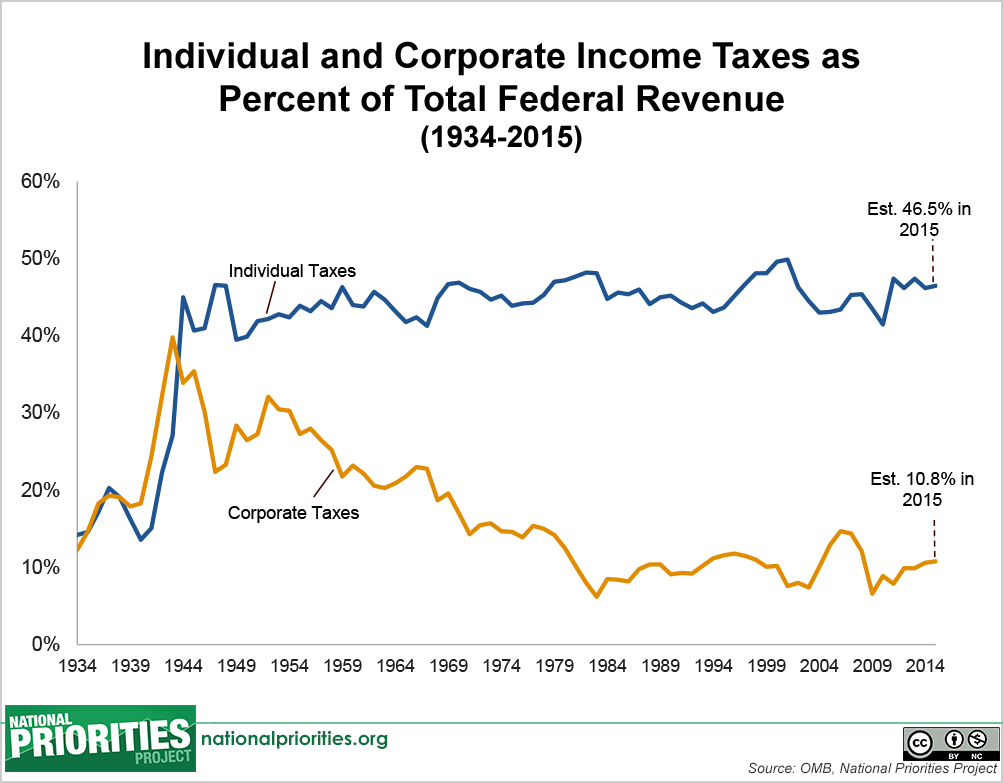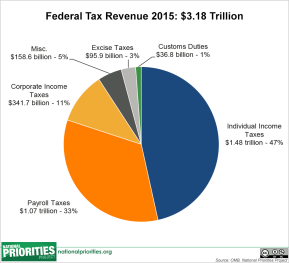thearchdruidreport | In the same way, the word “racist” in the mouths of the
pundits and politicians who have been applying it so liberally to the Trump
campaign is a dog whistle for something they don’t want to talk about in so
many words. What they mean by it, of course, is “wage class American.”
That’s extremely common. Consider the recent standoff in
Oregon between militia members and federal officials. While that was ongoing,
wags in the blogosphere and the hip end of the media started referring to the
militia members as “Y’all-Qaeda.” Attentive readers may have noted that none of
the militia members came from the South—the only part of the United States
where “y’all” is the usual second person plural pronoun. To the best of my
knowledge, all of them came from the dryland West, where “y’all” is no more
common than it is on the streets of Manhattan or Vancouver. Why, then, did the
label catch on so quickly and get the predictable sneering laughter of the
salary class?
It spread so quickly and got that laugh because most members
of the salary class in the United States love to apply a specific stereotype to
the entire American wage class. You know that stereotype as well as I do, dear
reader. It’s a fat, pink-faced, gap-toothed Southern good ol’ boy in jeans and
a greasy T-shirt, watching a NASCAR race on television from a broken-down sofa,
with one hand stuffed elbow deep into a bag of Cheez Doodles, the other
fondling a shotgun, a Confederate flag patch on his baseball cap and a Klan
outfit in the bedroom closet. As a description of wage-earning Americans in
general, that stereotype is as crass, as bigoted, and as politically motivated
as any of the racial and sexual stereotypes that so many people these days are
ready to denounce—but if you mention this, the kind of affluent white liberals
who would sooner impale themselves on their own designer corkscrews than
mention African-Americans and watermelons in the same paragraph will insist at
the top of their lungs that it’s not a stereotype, it’s the way “those people”
really are.
Those of my readers who don’t happen to know any people from
the salary class, and so haven’t had the opportunity to hear the kind of hate
speech they like to use for the wage class, might want to pick up the latest
edition of the National Review, and read a really remarkable diatribe by Kevin
Williamson—it’s behind a paywall, but
here’s
a sample.
The motive force
behind this tantrum was the fact that many people in the Republican party’s
grassroots base are voting in their own best interests, and thus for Trump,
rather than falling into line and doing what they’re told by their soi-disant
betters. The very idea!
It’s a fine display
of over-the-top classist bigotry, as well as a first-rate example of the way
that so many people in the salary class like to insist that poverty is always
and only the fault of the poor.
May I please be frank? The reason that millions of Americans
have had their standard of living hammered for forty years, while the most
affluent twenty per cent have become even more affluent, is no mystery. What
happened was that corporate interests in this country, aided and abetted by a
bipartisan consensus in government and cheered on by the great majority of the
salary class, stripped the US economy of living wage jobs by offshoring most of
America’s industrial economy, on the one hand, and flooding the domestic job
market with millions of legal and illegal immigrants on the other.
That’s why a family living on one average full-time wage in
1966 could afford a home, a car, three square meals a day, and the other
necessities and comforts of an ordinary American lifestyle, while a family with
one average full time wage in most US cities today is living on the street.
None of that happened by accident; no acts of God were responsible; no
inexplicable moral collapse swept over the American wage class and made them
incapable of embracing all those imaginary opportunities that salary class
pundits like to babble about. That change was brought about, rather, by
specific, easily identifiable policies. As a result, all things considered,
blaming the American poor for the poverty that has been imposed on them by
policies promoted by the affluent is the precise economic equivalent of blaming
rape victims for the actions of rapists.
In both cases, please note, blaming the victim makes a
convenient substitute for talking about who’s actually responsible, who
benefits from the current state of affairs, and what the real issues are. When
that conversation is one that people who have a privileged role in shaping
public discourse desperately don’t want to have, blaming the victim is an
effective diversionary tactic, and accordingly it gets much use in the US media
these days. There are, after all, plenty of things that the people who shape
public discourse in today’s America don’t want to talk about. The fact that the
policies pushed by those same shapers of opinion have driven millions of
American families into poverty and misery isn’t the most unmentionable of these
things, as it happens. The most unmentionable of the things that don’t get
discussed is the fact that those policies have failed.
It really is as simple as that. The policies we’re talking
about—lavish handouts for corporations and the rich, punitive austerity schemes
for the poor, endless wars in the Middle East and elsewhere, malign neglect of
domestic infrastructure, and deer-in-the-headlights blank looks or vacuous
sound bites in response to climate change and the other consequences of our
frankly moronic maltreatment of the biosphere that keeps us all alive—were
supposed to bring prosperity to the United States and its allies and stability
to the world. They haven’t done that, they won’t do that, and with whatever
respect is due to the supporters of Hillary Clinton, four more years of those
same policies won’t change that fact. The difficulty here is simply that no one
in the political establishment, and precious few in the salary class in
general, are willing to recognize that failure, much less learn its obvious
lessons or notice the ghastly burdens that those policies have imposed on the
majorities who have been forced to carry the costs.




